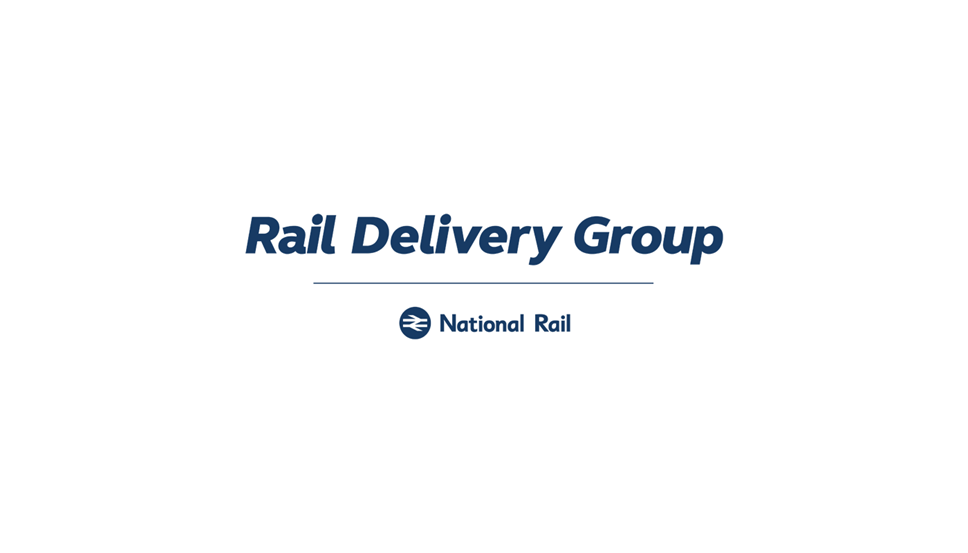
Passenger consultation on changes to how tickets are sold at train stations closes at midnight Friday 1 September
The consultation to review how tickets are sold at stations will close at midnight tonight, Friday 1 September. The responses will shape final plans so that all passengers are supported as railway retailing is updated for the smartphone era. The consultation is being coordinated on behalf of the train operators by independent passenger watchdogs Transport Focus and London TravelWatch.
Over the coming weeks, the passenger watchdogs will continue to analyse the train operator proposals and public consultation responses before responding to train operators. As part of the process, train operators have undertaken on-going engagement with accessibility groups.
40% of the rail network currently operates without a ticket office. In addition to these proposals, the rail industry continues to roll out improvements to ticketing such as pay as you go and single leg pricing, as well as upgrading ticket machines and ensuring more tickets can be sold online.
Jacqueline Starr, chief executive of the Rail Delivery Group, said: “Since the introduction of the smartphone, the numbers using ticket offices have dropped to historic lows and that trend is rapidly accelerating. For rail to survive and thrive long-term, like any responsible industry, we need to change and evolve with our customers.
“We wanted to give as many people as possible the opportunity to have their say on the industry proposals. We are extremely grateful to everyone for taking the time to submit their views, and we will work with the passenger watchdogs to incorporate this valuable feedback into our plans.
“The taxpayer is continuing to subsidise the railway, and we believe that now is the right time to move staff to more flexible, engaging roles so our staff can better support customers face to face with a whole range of needs - from finding the right ticket, to navigating the station and getting support with accessibility needs, while reducing costs to taxpayers.
“We also understand that some customers have particular challenges and they should be supported in any transition. Over the coming weeks, we will work closely with passenger watchdogs to review and adapt individual proposals where necessary.”
Although local plans vary, overall the proposals aim to bring staff out from behind ticket office windows to provide more support for customers buying tickets and navigating stations, as they move in to new, multi-skilled ‘customer host’ roles. Through these more engaging careers, staff would be better able to support all customers to buy tickets, plan their journeys and navigate stations, as is the case at Newbury and Reading Green Park stations.
Contact Information
Rail Delivery Group Media Team
Notes to editors
- Last year all rail unions signed up to an enabling framework agreement which acknowledged the need for changes across the industry, including on the roles staff undertake at stations.
- An estimated 99% of all transactions made at ticket offices last year could be made online or on ticket vending machines (TVMs)
- The rules for how tickets were sold at stations were set in the mid-90s. Back then, 82% of all tickets were sold at ticket offices, compared to just 12% today – a generational shift the railway must respond to at a time when revenue remains 30% below pre-pandemic levels.
Pre-pandemic (2019) vs Post-pandemic (2022) ticket changes
- Tickets purchased at Ticket offices - 24% vs 12%
- Tickets purchased at TVMs – 16% vs 12%
- Tickets purchased online – 34% vs 50%
· Staffed vs unstaffed stations
- 1766 stations run by DfT TOCs
- Currently 759 unstaffed/no ticket office – 43%
- Currently 708 staffed part time – 40%
- Currently 299 – staffed full time – 17%
- Stations will always be a vital part of the railway and delivering this vision will have no impact on service levels or timetabling.
